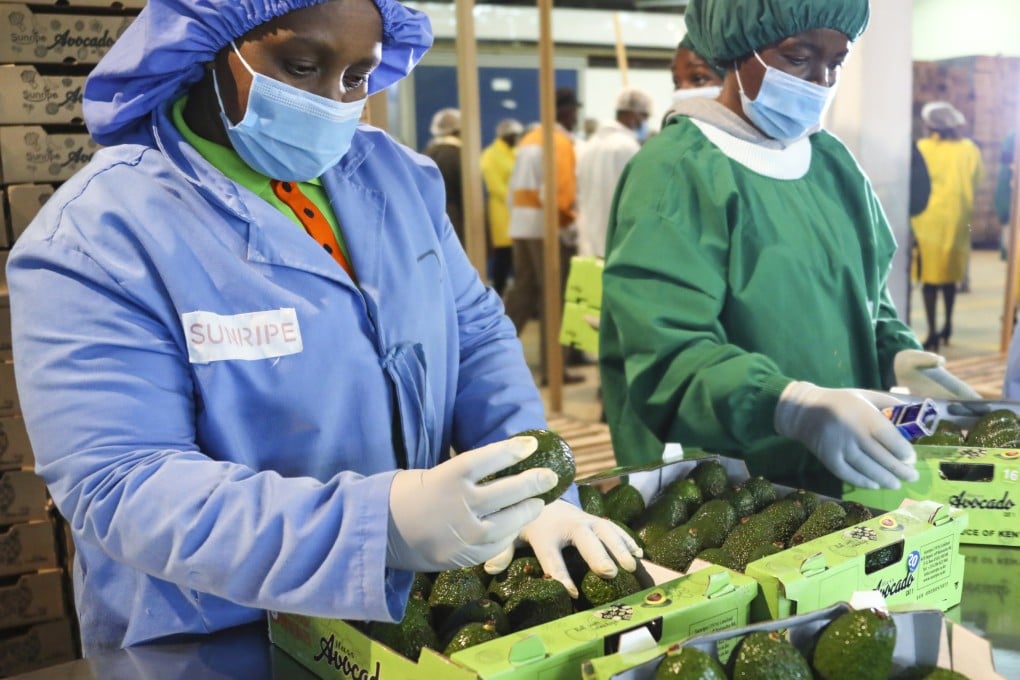Advertisement
Opinion | How China’s middle class is creating a ‘green gold’ rush in Africa
Trade between China, Africa and the West is yielding mutually beneficial results, and Greater Bay Area cities could have a key role to play
Reading Time:3 minutes
Why you can trust SCMP
0

This week’s Forum on China-Africa Cooperation summit signals Beijing’s push to seek inclusive growth through partnerships with the Global South, introducing a fresh approach in a world increasingly marred by conflict.
Interestingly, a modest fruit has emerged as a source of inspiration. During the summit’s press conference, China’s assistant commerce minister brought attention to the striking increase in avocado exports from Africa, positioning it as a signature product in bilateral trade.
The soaring demand for avocados in China, where the fruit is synonymous with a health-conscious, middle-class lifestyle, has driven economic growth and empowerment in African countries.
By exploring other fruitful opportunities in the Global South, China and countries in the Organisation for Economic Cooperation and Development (OECD) can reshape their common interests. In this process, cities within the Greater Bay Area development zone can serve as a powerhouse for sharing development knowledge.
Amid this backdrop of burgeoning economic cooperation, the growth of China’s middle class has become a significant catalyst for change. Their increasing spending power and evolving tastes are creating fresh opportunities for the import market.
At the turn of the century, China’s middle-income group numbered less than 10 million, according to the National Development and Reform Commission. By 2019, it had exceeded 400 million, according to government estimates. Growing alongside it are middle-class lifestyles and a penchant for foreign goods. Avocados have especially become a prized commodity.
Advertisement
